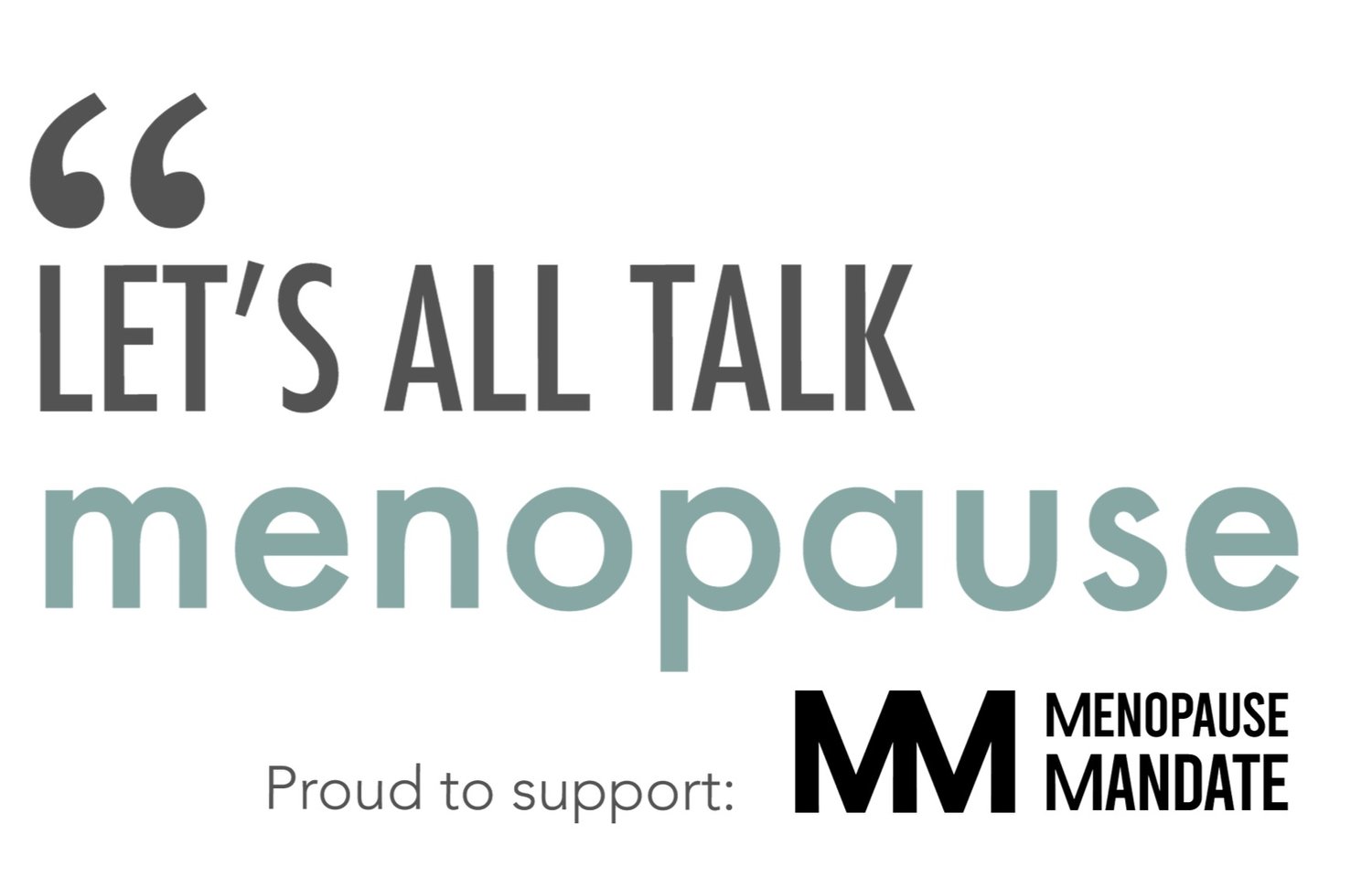Migraines in Menopause – With Dr Rebecca Walker
Dealing with migraines during menopause can be tough. As hormones shift during perimenopause and menopause, migraines might pop up more often and hit harder. Here's a breakdown of what's happening and how to handle it.
What Are Migraines?
Migraines aren't just bad headaches. They're a neurological condition with symptoms like nausea, sensitivity to light and sound, and brain fog. Unlike regular headaches, migraines are more complex and can be triggered by changes in your body and environment. As Dr. Rebecca Walker explains, "Migraine is a neurological condition, which has a basis in genetics."
Hormones and Migraines
During perimenopause, your hormone levels, especially estrogen, can fluctuate wildly. This can make migraines worse. While menopause itself doesn't cause migraines, the hormonal rollercoaster can definitely make them more frequent and intense. Dr. Walker notes, "The migraine brain is sensitive to change," which is why hormonal shifts can be so impactful.
Spotting and Managing Triggers
Keeping a simple diary can help you figure out what sets off your migraines. Look for patterns around your period, stress, or changes in routine. Sticking to regular sleep and meal times, managing stress, and eating a balanced diet can help keep migraines at bay. "The key with migraine is consistent and routine," says Dr. Walker.
Treatment Options
There are a few ways to tackle migraines. Over-the-counter meds like aspirin or ibuprofen might work for some, but others might need migraine-specific treatments like triptans. If migraines are linked to hormones, hormone therapy might be an option, but it needs to be tailored to your needs. Dr. Walker highlights, "It's quite shocking that only 1 in 4 people who have migraine have actually been offered a triptan."
Natural and Alternative Remedies
Some people find relief with supplements like magnesium, vitamin D, and omega-3. Acupuncture is another option that some find helpful, though it's usually not covered by public healthcare. "There is evidence that acupuncture can be helpful for migraine," Dr. Walker mentions.
Hormone Replacement Therapy (HRT) and Migraines
HRT can be a mixed bag for migraines. It helps some women but can make things worse for others. It's important to track your symptoms and work with a healthcare provider to find the right balance. Dr. Walker advises, "Finding a hormonal strategy that matches that [consistency] is key."
Wrapping Up
Managing migraines during menopause is all about finding what works for you. Keep track of your symptoms, try different treatments, and don't hesitate to reach out for professional help. Resources like the National Migraine Centre can offer additional support.
Stay informed and connected to better manage migraines during menopause.
